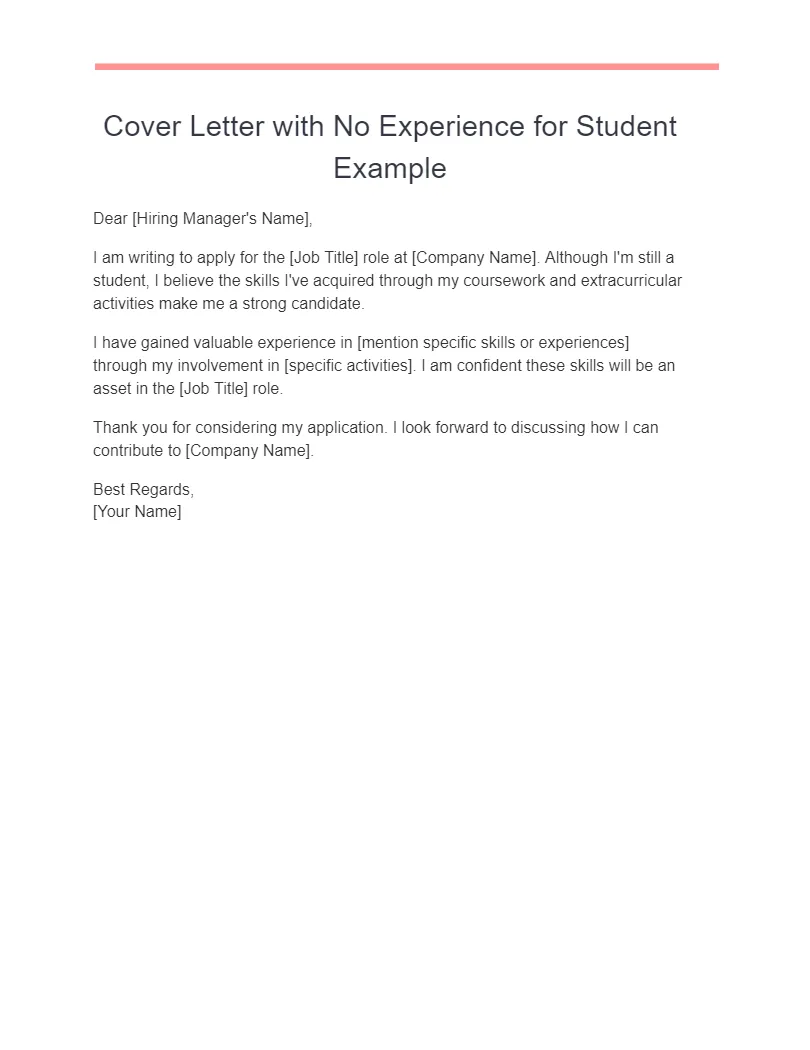Understanding the Tutor Position Requirements
Before crafting your tutor cover letter, it’s essential to understand what the position entails and what the hiring manager is looking for. Thoroughly review the job description, paying close attention to the required qualifications, skills, and responsibilities. Researching the specific tutoring needs of the institution or organization will allow you to tailor your cover letter to demonstrate how your skills and experiences align with their requirements. This pre-application research is a crucial step in making your cover letter stand out from the crowd. Understanding the expectations ensures you address all the key areas and highlight your potential as a tutor.
Researching the Tutoring Opportunity
Conducting in-depth research on the tutoring opportunity goes beyond simply reading the job description. Investigate the organization’s mission, values, and the specific subjects or areas they focus on. If the position involves tutoring students in a particular subject, refresh your knowledge of that subject matter. Consider the age group of the students you will be working with, as this will influence your approach and communication style. This will allow you to write a cover letter that directly addresses their specific needs and showcases your ability to contribute to their goals. Use your research to personalize your letter and demonstrate that you are truly interested in the opportunity.
Identifying Your Transferable Skills
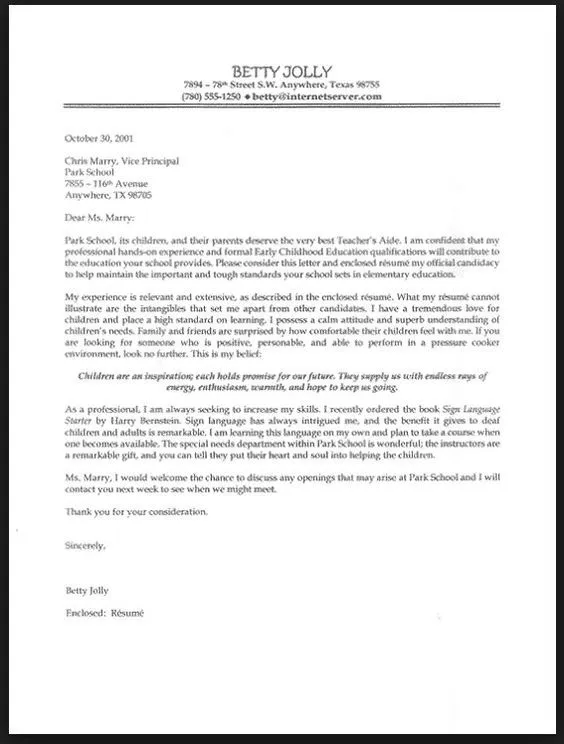
Even without direct tutoring experience, you likely possess a range of transferable skills that are highly valuable in a tutoring role. These are skills you’ve developed in other contexts, such as academics, volunteer work, extracurricular activities, or part-time jobs. Identifying these skills and providing specific examples of how you have used them is key to proving your suitability for the position. Think about your strengths and how they can translate to tutoring success. Highlighting these transferable skills will show the hiring manager that you can adapt and succeed in the tutoring environment.
Academic Achievements
Academic achievements are a cornerstone for a tutor position, providing evidence of your grasp of the subject material. Highlight any relevant coursework, degrees, or certifications you have. Mention your GPA if it’s a strong reflection of your academic abilities. If you received any academic honors or were on the Dean’s List, be sure to include that as well. Demonstrating your academic prowess assures potential employers that you have the fundamental knowledge needed to assist students effectively. Don’t hesitate to provide specific examples of projects or assignments that showcase your expertise in the subject matter.
Soft Skills
Soft skills are equally important to academic achievements. These include communication, empathy, patience, problem-solving, and organizational skills. Give examples of when you have demonstrated these skills, like resolving a conflict, explaining something complicated, or managing a project. Think about how your ability to listen, explain, and encourage will allow you to build a supportive and effective learning environment. Highlighting these essential soft skills will make you a well-rounded candidate.
Structuring Your Cover Letter
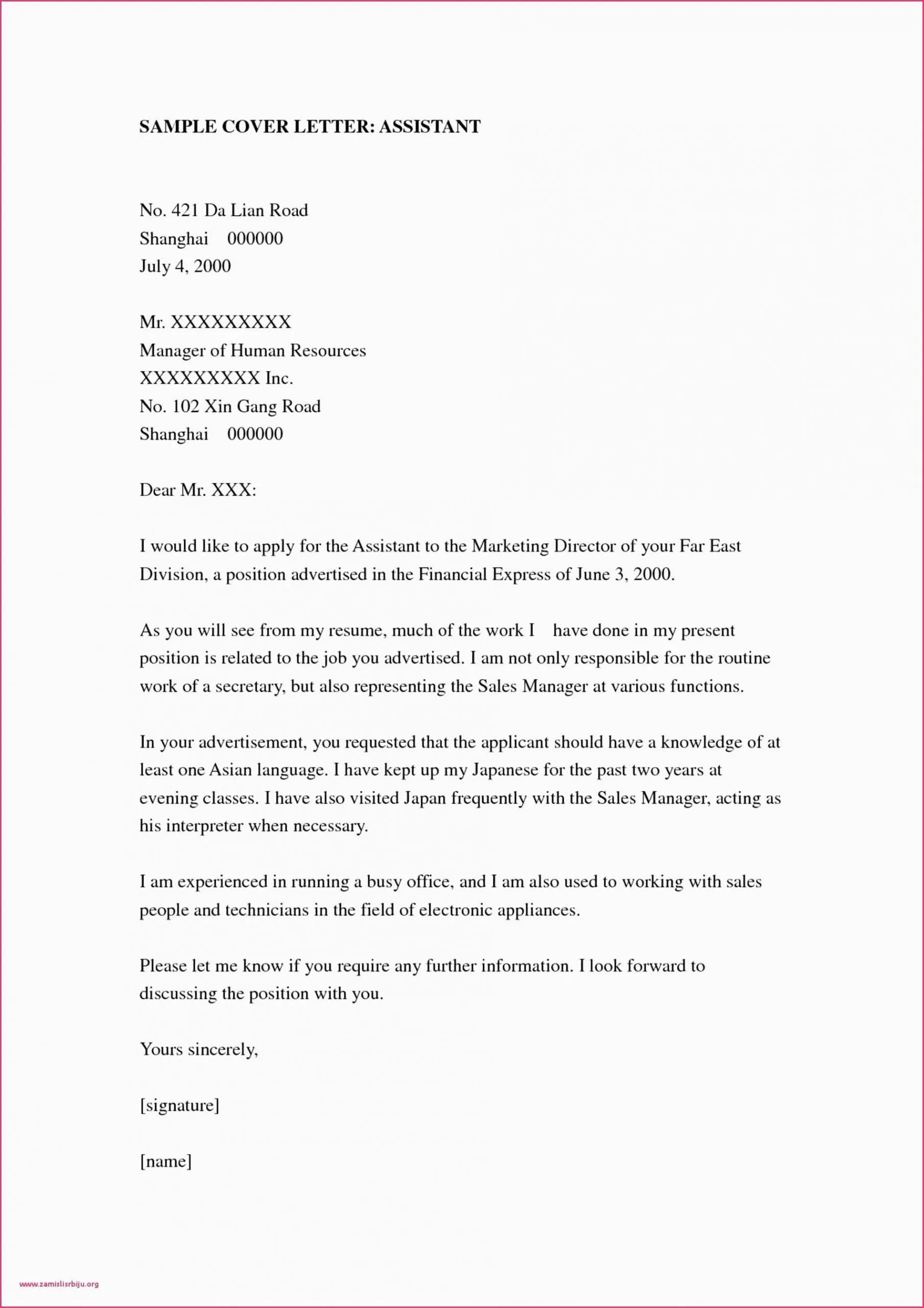
A well-structured cover letter is essential for making a positive first impression. It should be concise, easy to read, and effectively communicate your qualifications and enthusiasm. The right structure ensures all critical information is included and that you present yourself as a professional. A clear layout will help the hiring manager quickly grasp your qualifications, helping you make a great first impression and keeping them engaged.
Header and Contact Information
Start your cover letter with a professional header including your name, address, phone number, and email address. Also, include the date and the hiring manager’s name and title, if known. This demonstrates attention to detail and professionalism. Make sure your contact information is accurate and easy to find, so the hiring manager can easily reach you. Double-check the spelling of the hiring manager’s name and title; errors can make you look careless.
Opening Paragraph
The opening paragraph is your chance to grab the hiring manager’s attention. Start by stating the position you are applying for and how you found out about the opportunity. Then, briefly summarize your qualifications and express your enthusiasm for the role. Mentioning a specific aspect of the organization or the role that resonates with you can make your opening more engaging. The opening should be clear, concise, and set the tone for the rest of your cover letter.
Body Paragraphs
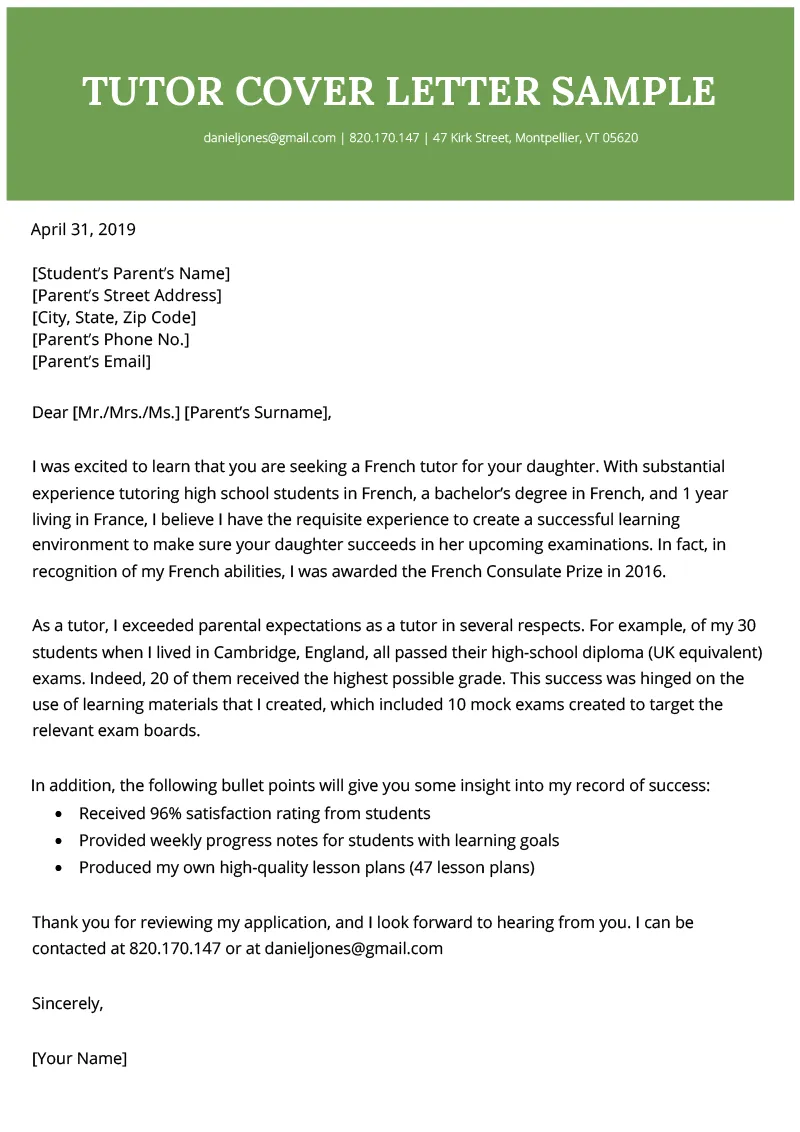
The body paragraphs are where you provide the details that support your claim that you are a good candidate for the tutor position. Focus on showcasing your relevant skills, experiences, and personal qualities. Provide specific examples of how you have demonstrated these abilities in the past. Use action verbs to describe your accomplishments and responsibilities. Make sure to address the specific requirements and responsibilities listed in the job description.
Highlighting Relevant Skills and Experiences
This section should detail how your skills and experiences align with the tutor position. Even without direct tutoring experience, draw on other experiences, such as helping classmates, leading study groups, or volunteering. Use the job description as a guide and tailor your examples to match the required skills. Provide concrete examples of how you have used your skills to achieve positive results. The goal is to convince the hiring manager that you have the potential to succeed as a tutor.
Expressing Enthusiasm and Passion
Your cover letter is an opportunity to demonstrate your enthusiasm for tutoring. Explain why you are passionate about helping students learn and succeed. Mention what aspects of the role particularly excite you. Express your genuine interest in contributing to the organization’s mission and values. Your enthusiasm can be contagious and make a strong impression on the hiring manager.
Addressing Lack of Experience Positively
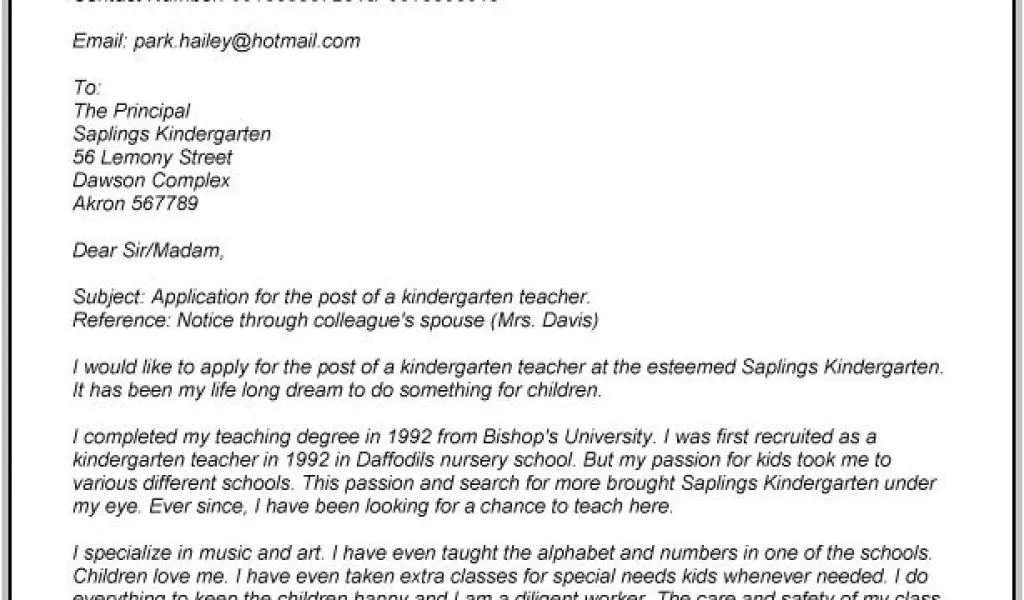
If you lack direct tutoring experience, address it in a positive and constructive manner. Instead of dwelling on what you haven’t done, focus on what you have to offer. Highlight your transferable skills, such as communication, problem-solving, and patience. Show the hiring manager that you are eager to learn and adapt to the role. Emphasize your passion for the subject matter and your dedication to helping students. Express a willingness to learn on the job and the ability to receive and implement feedback.
Closing Paragraph
In your closing paragraph, reiterate your interest in the position and thank the hiring manager for their time and consideration. Include a call to action, such as expressing your availability for an interview and your eagerness to discuss your qualifications further. Reiterate your enthusiasm and express your hope to hear from them soon. End on a positive and professional note.
Showcasing Your Enthusiasm and Personality
A cover letter is more than just a summary of your skills and experience; it is an opportunity to showcase your personality and enthusiasm. By injecting some of your personality into the letter, you can make a lasting impression on the hiring manager. Your passion and enthusiasm will help set you apart from other candidates.
Demonstrating a Genuine Interest in Tutoring
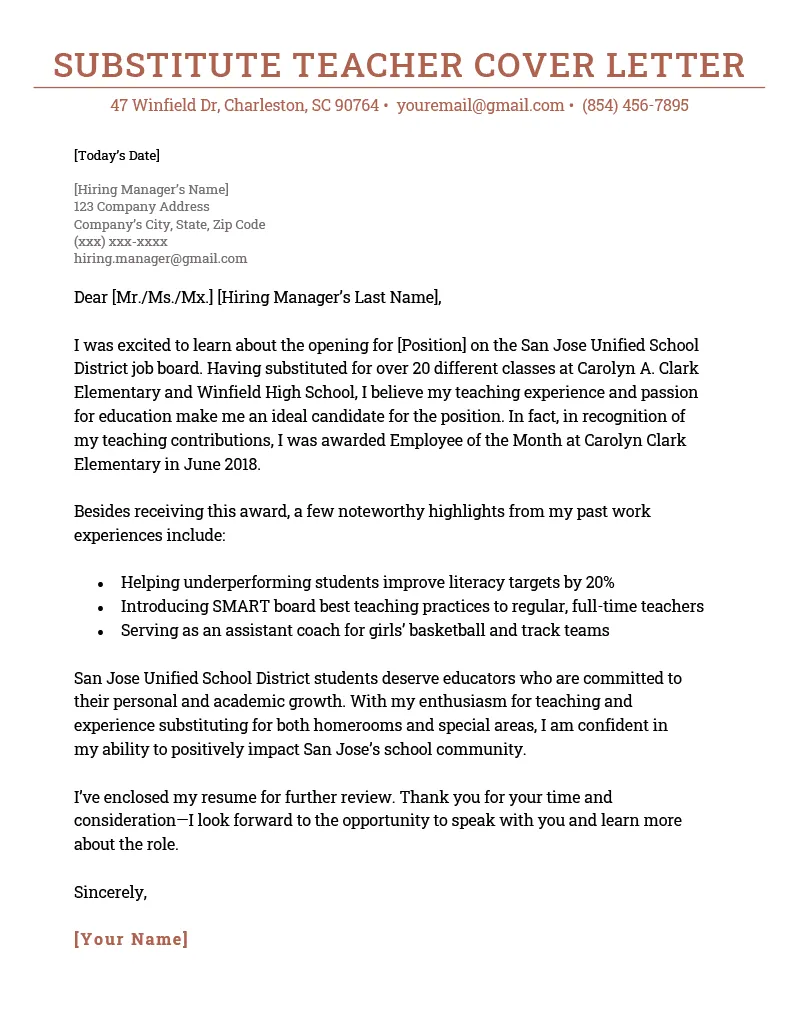
Clearly express your passion for tutoring. Explain what inspires you about helping students learn and succeed. Discuss why you find tutoring rewarding and fulfilling. Demonstrate your interest in creating a supportive and positive learning environment. Be specific about the subject areas or skills you enjoy teaching and how you intend to engage with students. This conveys that you are genuinely motivated and interested in making a difference.
Highlighting Personal Qualities
Incorporate your personality and personal qualities to make yourself stand out. Highlight aspects of your character, such as your patience, empathy, or adaptability. Show your enthusiasm for connecting with students and fostering a positive learning environment. Share anecdotes that reveal your teaching style and personality. Sharing a personal story can make your cover letter more memorable and make you more relatable to the hiring manager.
Proofreading and Editing
Proofreading and editing are crucial steps in the cover letter writing process. A well-written, error-free letter demonstrates professionalism and attention to detail. Errors can undermine your credibility and leave a negative impression on the hiring manager. Taking the time to review your letter carefully can significantly improve your chances of success.
Ensuring Error-Free Content
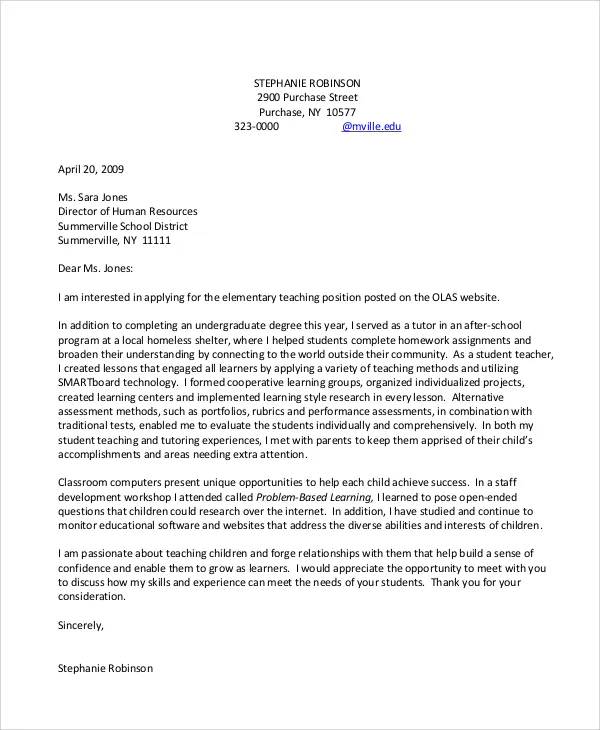
Thoroughly proofread your cover letter for any spelling, grammar, or punctuation errors. Check the formatting to ensure it is consistent and professional. Read the letter aloud to catch any awkward phrasing or sentence structures. Using spell-check and grammar-check tools can help, but do not rely on them entirely. Carefully check your work for accuracy.
Seeking Feedback
Ask a trusted friend, family member, or career advisor to review your cover letter. They can provide valuable feedback on its clarity, organization, and overall impact. They might catch errors or suggest improvements you’ve missed. Another perspective can help you refine your cover letter and make it more effective. Consider asking someone with experience in the field of education to give you feedback.
